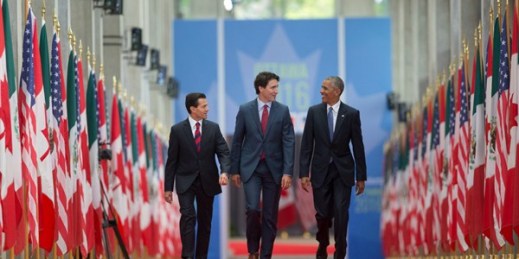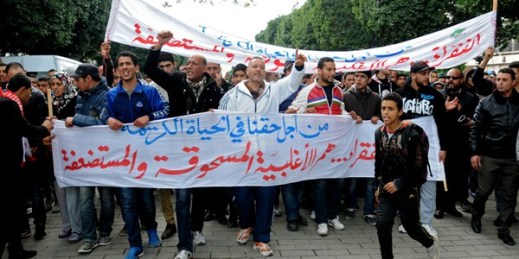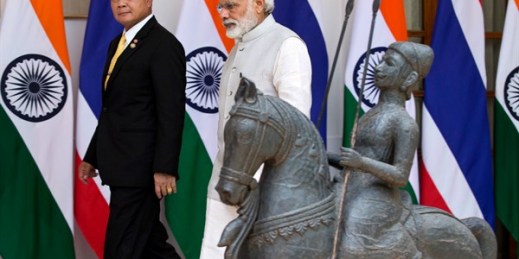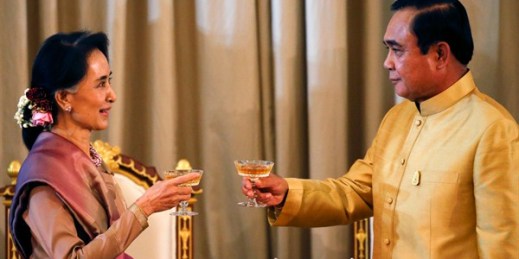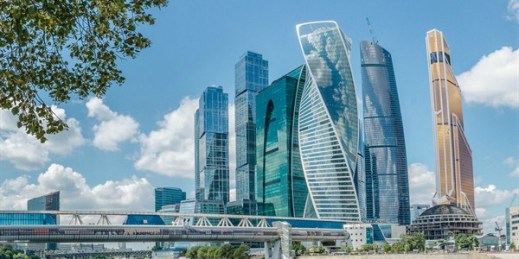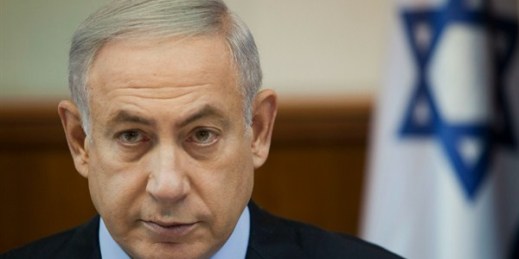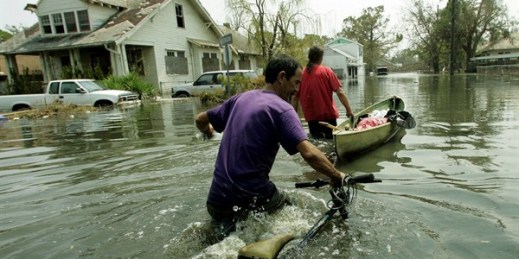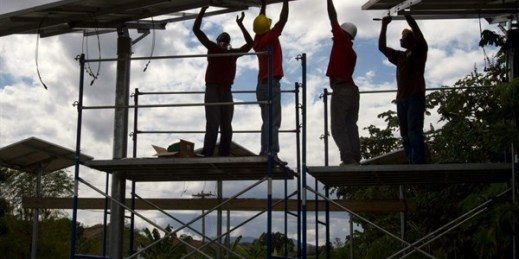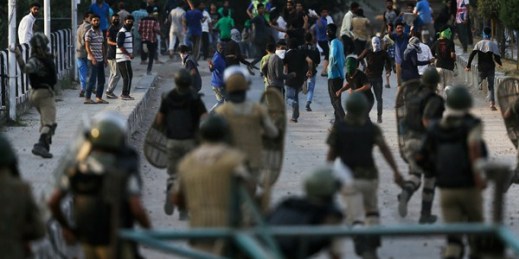
This past April, Indian Prime Minister Narendra Modi travelled to Jammu and Kashmir, the disputed state administered by India but claimed by Pakistan. He sought to strike a conciliatory tone in the restive, Muslim-majority region, where residents resent the constant presence and heavy-handed actions of Indian security forces, and where some want to become independent or part of Pakistan. In a public address, Modi, echoing the words of Atal Bihari Vajpayee, the last Indian prime minister from Modi’s Bharatiya Janata Party (BJP), called for an embrace of three essential pillars to help Kashmir overcome its challenges: humanity, democracy and Kashmiriyat, […]

